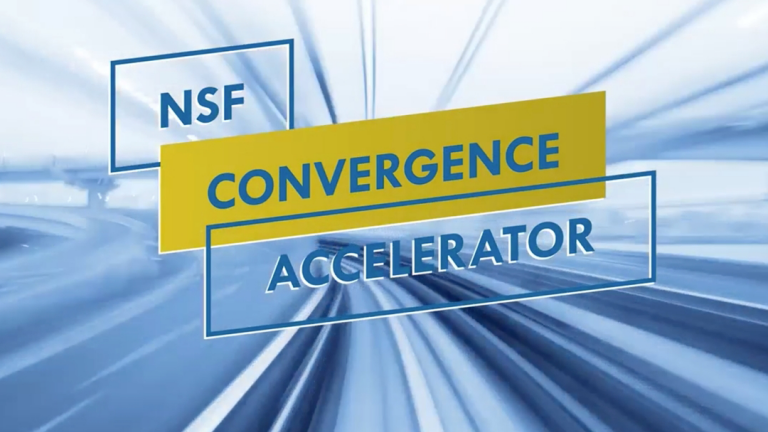
Two grants have been awarded to MIT researchers on the themes of socio-resilient infrastructure, and on the future of oceans. The grants are part of the U.S. National Science Foundation Convergence Accelerator program, designed to foster global cross-disciplinary and cross-sector workshops on emerging areas of critical societal importance. The NSF Convergence Accelerator program further aims to accelerate use-inspired, convergence research via partnerships between academic and non-academic stakeholders.
Socio-resilient infrastructures
The Socioresilient Infrastructure: Precision Materials, Assemblages, and Systems project is co-led by Christine Ortiz, the Morris Cohen Professor of Materials Science and Engineering, and Ellan Spero, a historian of science and technology and instructor in the Department of Materials Science and Engineering. This project will engage leading researchers from around the world to advance an intellectual framework for socio-resilient infrastructure, where social resilience is considered to be the ability of human communities to cope with and adapt to stresses and shocks such as social, political, environmental, or economic change.
This workshop will integrate exciting advances across length scales from materials (i.e., materials science and engineering, chemistry, and mechanical engineering) to assemblages (i.e., civil, structural, and environmental engineering; architecture; art and design) to systems (i.e., engineering systems, computer science and engineering, urban studies and planning including civic design and engagement). It will incorporate and center cross-cutting humanistic and socially-focused research in material culture, social justice, equity-based, community and participatory co-design, environmental and social life cycle assessment, socio-technical and sociological analysis (i.e., social sciences, STS, history).
Broad topic areas will include emerging approaches to socio-resilient and circular materials design, structural engineering, and intelligent infrastructure systems. The merging of ideas, new computational and manufacturing technologies, and research methods across disparate disciplines is expected to lead to the development of equitable, inclusive, and sustainable innovation and commercialization of socio-resilient infrastructure.
The future of oceans
In addition, the Signal Kinetics Group at the MIT Media Lab has joined forces with the Woods Hole Oceanographic Institution (WHOI) to spearhead Smart Oceans 2020, a series of cross-cutting, multidisciplinary virtual plenaries and workshops to be held the week of Oct. 5-9. Under the leadership of Media Lab associate professor and Doherty Chair Fadel Adib and WHOI’s assistant scientist Seth Zippel, this conference will “blue sky” the future of the ocean, aiming to accelerate the field of ocean science.
The conference will feature a mix of invited plenary speakers, lightning talks, and brainstorming sessions, all with the purpose of accelerating use-inspired convergence research. The goal of the conference organizers is to foster a wealth of synergy, connections, and cooperation, which will lead to partnerships between academia, industry, non-governmental organizations, government, philanthropy, and venture capital across sectors such as climate and environmental sustainability, computing, marine biology and ecology, geopolitics, and defense.
“This workshop is a tremendously exciting opportunity to bring together communities in the ocean sciences who don’t necessarily cross paths,” comments Lara Campbell, program director for the NSF Convergence Accelerator Program in the Office of Integrative Activities at the U.S. National Science Foundation. “More valuable still, it’s a chance to think together about what the greatest opportunities are for accelerating research into near-term impacts that allow us to sustainably engage with the tremendous resources of the oceans.”
The organizers of Smart Oceans 2020 are hopeful that by identifying convergent approaches for ocean innovation, exploration, and utilization, this series of workshops will have a direct impact on issues of sustainability, national security, and national industries. “The series of workshops will cover a variety of exciting topics, ranging from designing and building an ocean internet-of-things to identifying convergent approaches to address climate challenges,” notes Adib. “The NSF convergence accelerator is uniquely positioned to propel this field forward, as it has done for other topics through investments of over $50 million.”





